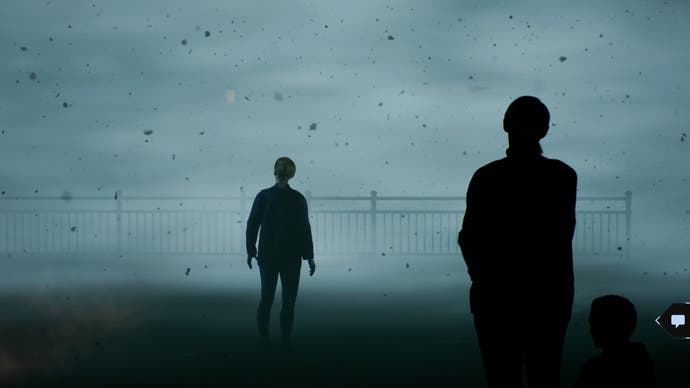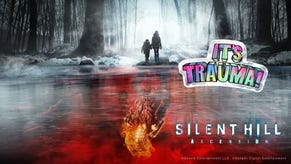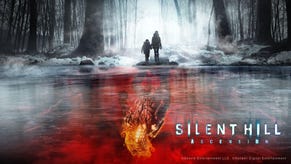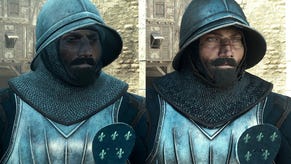What's the deal with Silent Hill: Ascension?
Mountain to climb.
If you log onto Sony Pictures Core today - an entertainment app for PlayStation I hadn't even heard of until yesterday - an advertisement for Genvid's new Silent Hill project, Silent Hill: Ascension, confidently straddles the page. Its blurb is brief but intriguing: "An occult ritual gone wrong. A monster on a farm, two deaths in two towns on the opposite sides of the world cause horrific monsters to manifest."
I've now watched over an hour of Silent Hill: Ascension and spent many more hours playing (and re-playing; even a week after launch, most progress I make from engaging in its activities habitually disappears) its mini-games and mooching around its various sub-menus, but that two-line description has told me more about what's happening in Silent Hill: Ascension than anything I've watched so far. Which is a bit depressing, actually - and on launch, many players seemed to agree.
I daresay you've already seen the jokes and the "IT'S TRAUMA!" memes, so forgive me if I skim over all of that. Those who know me will know that Silent Hill and I go back some - it was, in fact, the subject of my very first commission here almost a decade ago now - and I still run the fan site/forum I set up 20 (!) years ago when I was eleventy thousand months pregnant and on forced bed rest. I know its people and its stories and its creatures better than most, which is probably why I just can't be arsed with the dogpiling and memes. In the words of a very pissed-off parent (something I suspect would be waiting for me in my own Silent Hill, actually), I'm not angry; I'm just disappointed.
Of all the Silent Hill-flavoured projects that Konami trumpeted a year ago, Ascension was the strangest. There's been a lot of confusion about it, too. It's an interactive series and not a game, but while it's still definitely not a game, it does have QTEs in it, and you get to vote on what the characters should do. All of that still feels really game-y to me - it's a visual language gamers understand in a context we're familiar with - but even right up until launch day, I still didn't really understand what the hell Ascension was trying to be.
The premise behind Ascension is a bloody good one, though. Genvid - working with Dead by Daylight's Behaviour Interactive and JJ Abrams' Bad Robot Games and a heap of talented former Telltale developers - is telling an all-new Silent Hill story. The series, broadcast via app and browser seven nights a week for 16 weeks, will follow the fates of two seemingly unrelated towns. Viewers get to vote on what course of action its characters take, and those who don't have to stay up until 2 am (I'll circle back to this particular bug-bear in a bit) can participate in an interactive "Endurance" challenge in which the community bands together to try and get characters through a copied-and-pasted action horror segment with their "hope" intact.
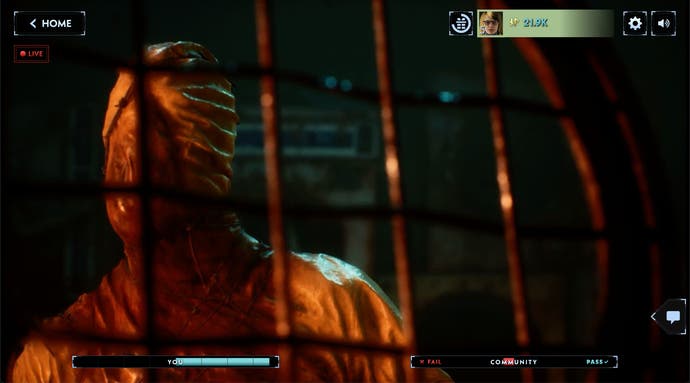
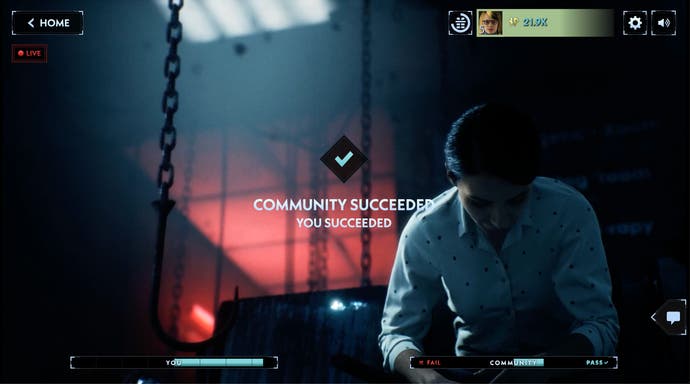
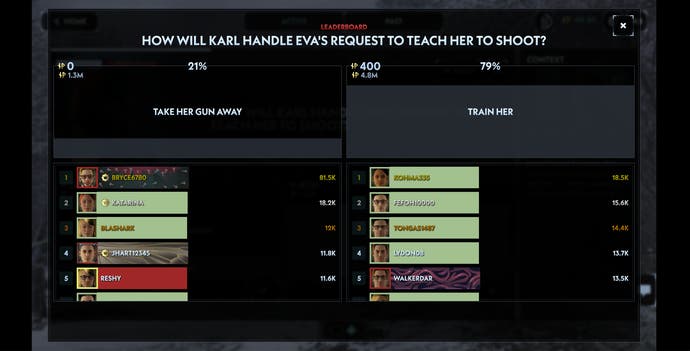
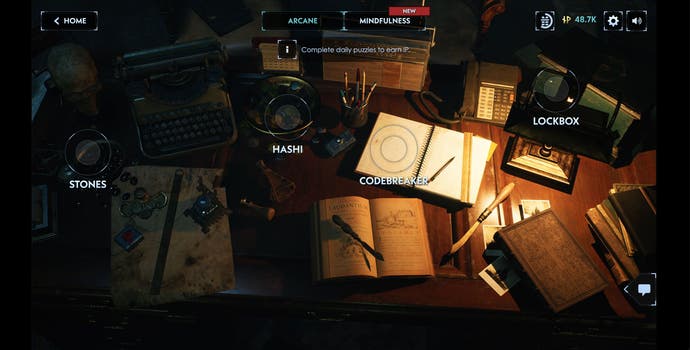
Even the reasons why Ascension was released before the Silent Hill 2 remake or Townfall or F make sense. Silent Hill succumbed to its untimely and fairly undignified death over a decade ago now, and its most impactful games are another decade older still. This means many of today's newly minted gamers may never have heard of the series, let alone played it the first time around, so the idea of an ostensibly free-to-play, just-use-your-smartphone experience to capitalise on a hitherto untapped market seems sensible. It's also arguably the easiest way to tempt back lapsed fans who loved the original games but haven't owned a console since they packed away their PS2s back in the day.
The problem with Ascension, though, has been not its ambition but its implementation. There's a wide, varied, and intriguing cast, but you're barely with any of them long enough to build up any kind of connection with them. The monsters are suitably Silent Hill-esque, but no one ever mentions seeing the bloody things, which is just baffling to me. There's absolutely zero context for the Endurance sequences - the characters don't seem to be surprised to suddenly teleport there, but I am - and as for the cameo system? The idea that fans can win a lottery and have their face and name inserted into "Silent Hill canon"? Man, that's such a cool idea! But what's the point when the customisation options are so piss-poor, every single player avatar looks identical?
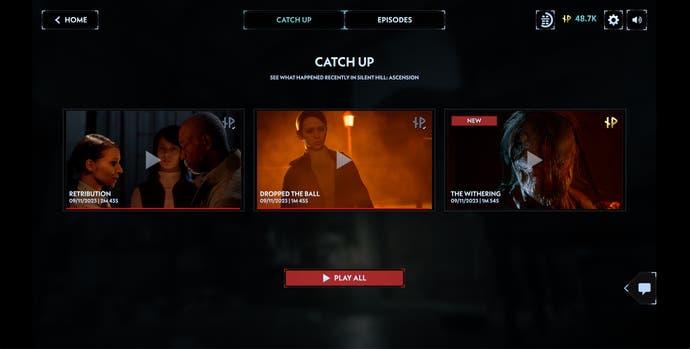
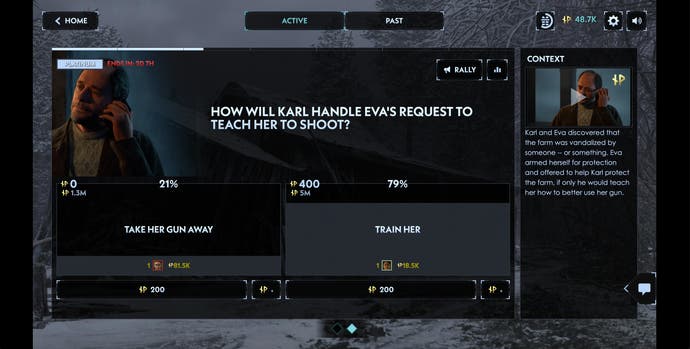
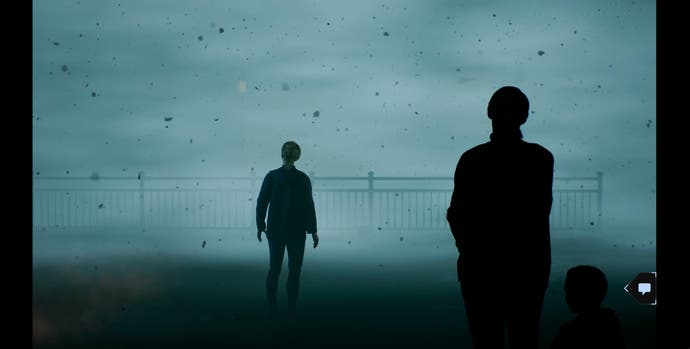
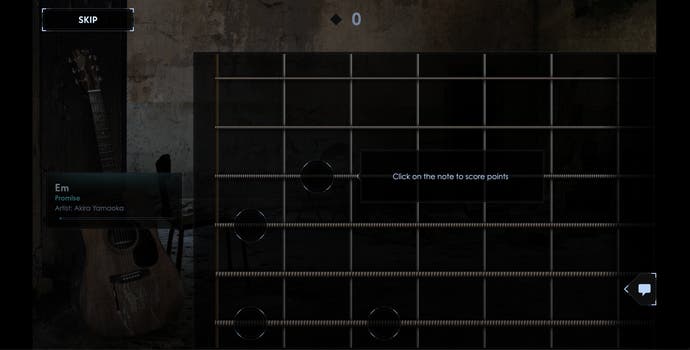
And for something its creator insists isn't a game, Ascension sure feels like one. The Endurance sequences include a bevy of QTEs, there's essentially a premium battle pass through which you can unlock new cosmetics and stickers for the chat - oh, God, the chat - and there's an entire section where players can complete mini-games like Mastermind and 3-match puzzles to win X/IP. Whilst not particularly cerebral, they're enjoyable enough as timewasters, but again, the saving issue means you can spend a half hour or so maxing out each level to secure all 3-star rewards... only to find your progress has been wiped out the next time you log on.
Even the community voting system - easily Ascension's strongest pull - is unbalanced. Players can usually select from a handful of outcomes, but whether you vote or not, everyone can see what choice is winning. So what's the point of investing your hard-earned "IP" - that is, your "influencer" currency that you earn by playing the mini-games and participating in the endurance challenges (and only if your progress is saved at that) - into a vote that already looks to have lost? Usually, I just vote once or twice per decision - maybe three times if I'm feeling particularly vexed about it. That's anywhere from a 200 to 600 IP commitment. But if a single player has already committed an eye-watering 81.5K to a choice you don't support (no hyperbole: this is an actual vote tally I have seen, and I don't believe you can generate that much IP without putting your real-life hand into your real-life wallet), what's the point of voting? I don't even have that much IP, thanks to the app continually losing my progress.
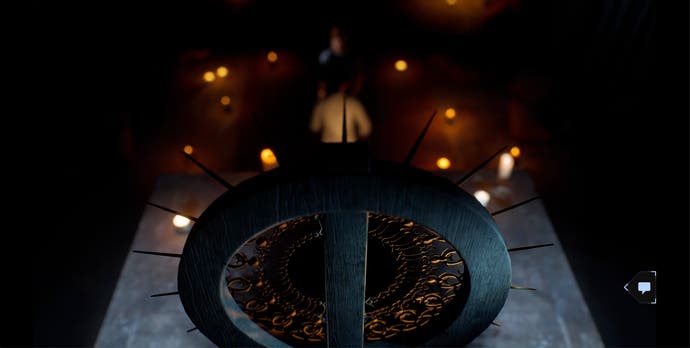
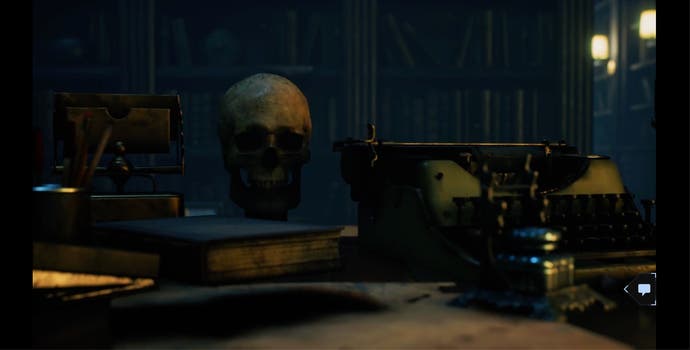
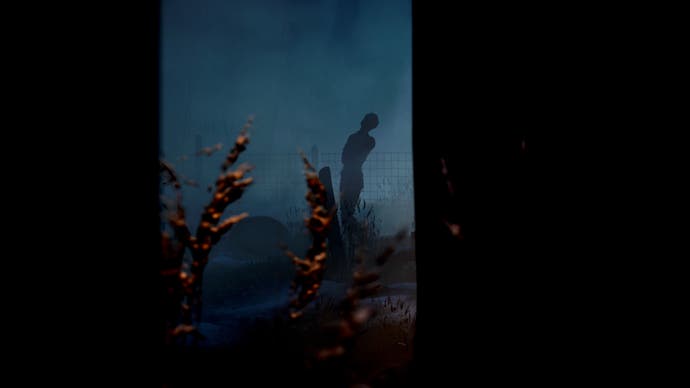
And I know finding a mutually convenient time zone is difficult for live events like this, but it feels as though players in and around Europe have been particularly hard done by. Here in the UK, I had to stay up until 1 am to watch the premiere, and now, thanks to daylight savings, I'd have to stay up until 2 am from here on in. Yes, I know we can watch via catch up - there's a whole tab dedicated to it! - but that's only for the cinematics you missed, not Endurance, and only the very last night is ever shown. That means that those who've been away for a couple of nights or more will have to head for the "Episodes" tab and scroll through a 75+ minute video to try to find the bits they missed. Most of us can't even enjoy the weekly "episodes" being streamed online, either. Unless you own Sony products or you're a PlayStation Plus/Deluxe subscriber, there's no way for people in and around Europe to watch it without going on the broken website; the other streaming platform Genvid is using, Tubi, is not available in Europe at all.
What's especially egregious about the timezone thing, though, is that Europeans lose out on actual in-game currency, too. You see, there's no way to watch the Endurance segments after they've aired, let alone play them, and it's only live contributors who get a neat little IP bonus for participating. Given access to some of the mini-games is also gated away from players who don't want to stump up £20 for the privilege of unlocking more, this means European players without a "Founder's Pack" will never be able to accrue as much IP or XP as stateside players who do - even though Genvid has said the game's monetisation is a time skip, not pay-to-win. This is the problem I have with Ascension's progression and funding mechanisms, not its battle pass.
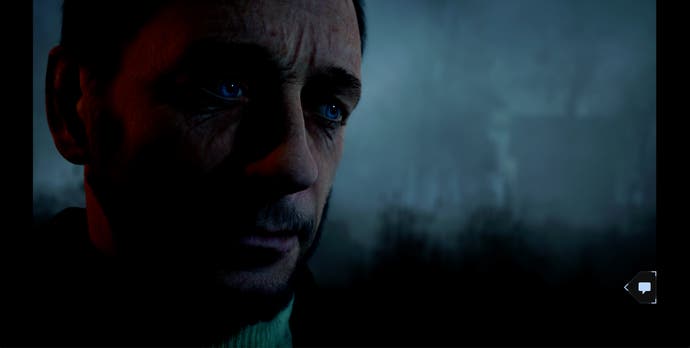
Am I still curious about the story Ascension is trying to tell? Yes. Undoubtedly. Even though what we've seen thus far feels little more than rehashes of the first two games in the series - oh look, there's a weird cult and a terminally ill wife; all we need now is to find out that a character has a secret surname and daddy issues and we'll have a hattrick - I still have so many questions about what's unfolding and am genuinely looking forward to seeing the Telltale-esque narrative branches out as the days and weeks go by and the impact of community votes moulds the story in meaningful ways.
No, I don't particularly care about Karl or Astrid or Toby or little Orson (actually, I loathe the latter on an almost cellular level) because I've spent so little time in their company and know so little about their motivations, there's little for me to care about. But I am curious about their world, and why and how they've found themselves in the positions they have. It's just so frustrating that instead of spending time with these characters, learning about them as we explore Silent Hill together, I'm being served tiny snippets of a story in five-minute chunks. And no, it isn't scary, but that's okay - the games weren't particularly, either. The franchise's success - which, let's face it, has been pretty limited up until now; it never was the Resident Evil killer Konami wanted it to be - lies in cooking a dull, unsettling ill-ease that throbs like a rotten tooth, not flashy jump scares... and there's still time for Ascension to deliver on this.
I don't believe that "Team Silent" - a fabled group of OG Konami developers that never really existed (only sound director Akira Yamaoka worked across all four inaugural games) - is sacrosanct any more than I believe a Western team can't make a genuinely unsettling Silent Hill adventure. But right now, Ascension's wobbly infrastructure and uneven progression system make it hard to enjoy and painfully difficult to recommend to anyone other than the most ardent Silent Hill fan, and even they're a vanishing breed right now.
